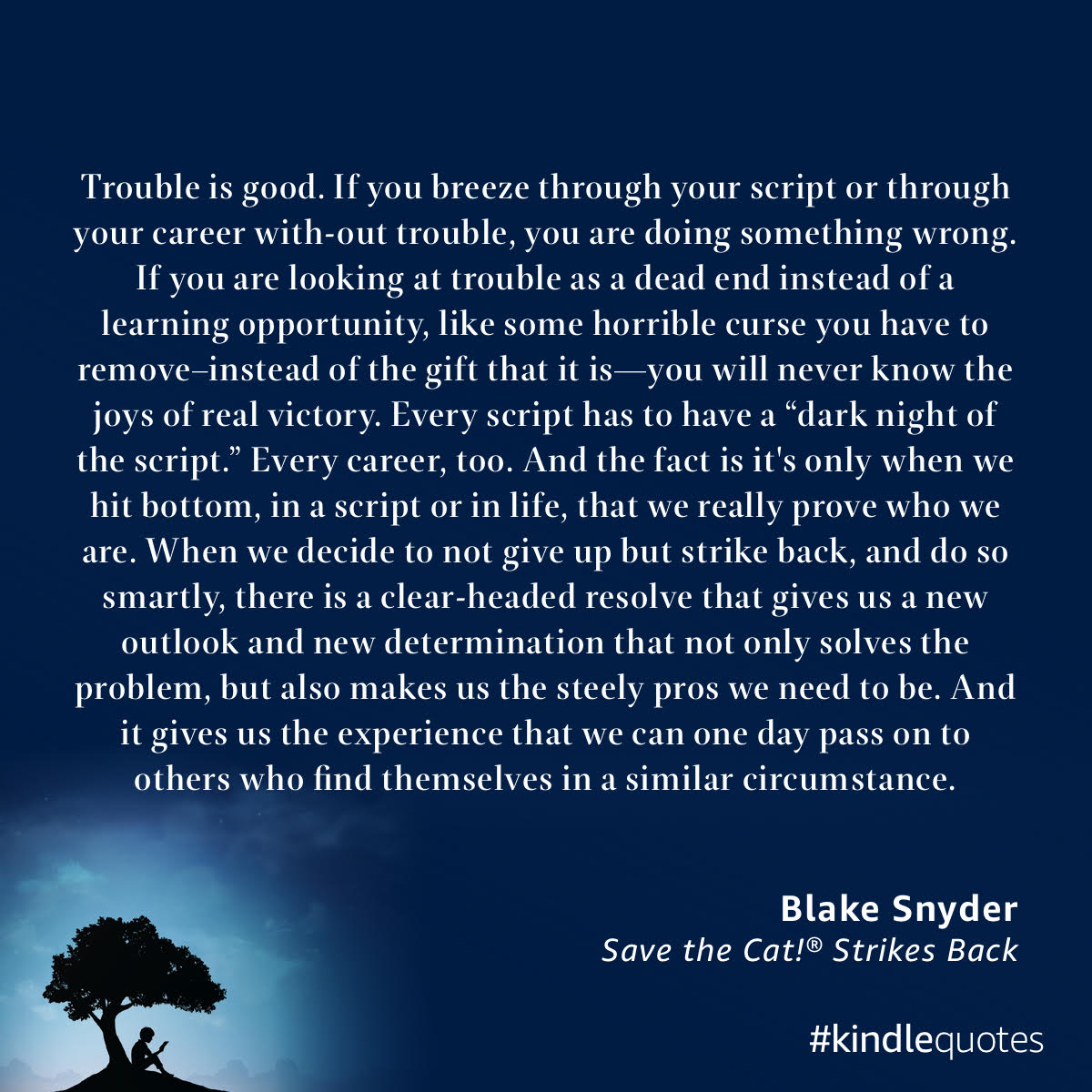The day I found out I was selected as a Pitch Wars mentee, I was leaving Boston after a family visit. I was sharing a room with my husband and almost one-year-old daughter, not sleeping, but fairly certain they wouldn’t announce until late in the day so I tried to tell myself it was useless to keep checking my phone. I couldn’t sleep though, so I eventually gave in and picked it up and–SURPRISE–I was tagged in a Facebook post by a Golden Heart finalist sister and mentioned in a tweet by Abigail Johnson, a mentor who had requested the full from me a few weeks prior. The absolute JOY in that moment is hard to describe. I’d spent the last month waiting period dreaming of being picked and could not stop smiling when I found out it came true!
Enough about me…you’re here for the advice, right? If you’re still selecting who to submit to, I highly recommend reading as many mentors’ books as possible. You can only learn so much from their wish list…there’s nothing like actually seeing how they put words on the page that can show you how well you’d mesh. When I applied last year, I had made a list of about ten mentors but wasn’t sure how to narrow it down to four–and it wasn’t until literally the day I submitted my application that I read the first chapter in my mentor’s book and decided I HAD to apply to her. Her writing immediately grabbed me , and the more I read, the more similarities I saw in our writing styles.
Once you’ve submitted, it can go one of two ways. Either you’re picked or you’re not. Here’s the thing about Pitch Wars: you’ll probably go through the same “dark night of the soul” either way. I’d heard about “imposter syndrome” among mentees before I was picked and about how emotional and hard the journey was and thought, “You guys are being crazy. At least you were picked. You know someone believed in you enough to mentor you.” But I get it now. Sure, if you get in, it means someone chose you, but there’s always the doubt that your first round of revisions is a disappointment, that you’re actually making things worse, and whatever spark your mentor saw in you was your very best. That you can’t actually improve your writing and are doomed to disappoint. And then it goes deeper–if you can’t handle their suggestions, will they give up on you as a lost cause? And how will you ever find an agent, let alone an editor, if you can’t revise a manuscript? Are you even meant to be a writer if you can’t get revisions right? Maybe you should just give up. Maybe this draft is the furthest you’ll ever make it, Pitch Wars the pinnacle of your success as a writer.
And if you don’t get chosen? You’ll probably feel the same thing, only confused about what to do next. I submitted to at least three other mentorship programs before being chosen in 2019 Pitch Wars, and every time I felt like I’d failed, like I wasn’t good enough. Sure, there’s always the chance you’re one of the few who the mentors feel are ready to query, your work so good they can’t think of a way to improve it, but the reality is you never believe that could be you. And so now what? Should you give up on your manuscript? Should you give up on writing?
It took me building a writing community to understand that these feelings are NORMAL. I thought I was the only one who struggled with things like writing consistent character motivations and including tension on every page. I thought somehow the struggle meant I wasn’t really a good writer, that other people “got it” better than me.
So whichever place you find yourself when the mentee list goes up, this quote says it all.

That’s the best piece of advice I could give you. No matter what happens with Pitch Wars, you’ll find yourself, sooner or later, stuck or disappointed with your writing or in your career. It’s up to you what you do with it, but picking yourself back up does get easier. And the journey? It really is the best part. Keep writing!